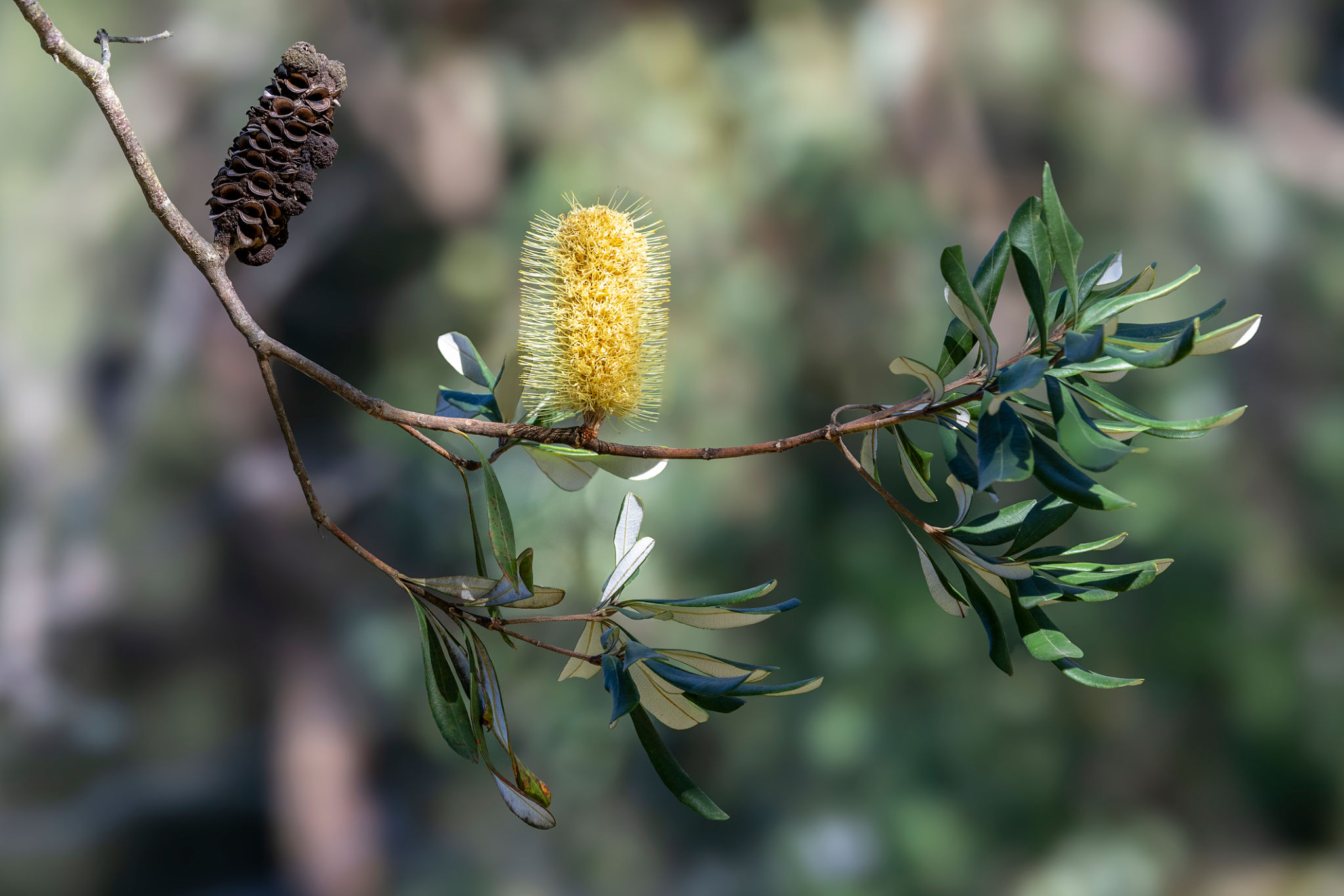Eco-Friendly Lawn Care Tips for Trenton Residents: Keeping Your Garden Green
Introduction to Eco-Friendly Lawn Care
As awareness of environmental issues grows, many Trenton residents are seeking ways to maintain beautiful lawns while reducing their ecological footprint. Embracing eco-friendly lawn care practices not only helps preserve the environment but can also create a healthier, more vibrant garden. In this post, we'll explore some practical tips to keep your lawn lush and green in an environmentally responsible manner.
Choose Native Plants
One of the best ways to ensure an eco-friendly garden is by choosing native plants. Native species are adapted to the local climate and soil conditions, requiring less water and maintenance. They also provide essential habitats for local wildlife, promoting biodiversity in your garden.

Incorporating native plants into your landscape design can reduce the need for chemical fertilizers and pesticides, as these plants are naturally resistant to local pests and diseases. Consider adding a variety of native grasses, flowers, and shrubs to your lawn for a more sustainable garden.
Practice Water Conservation
Water conservation is a crucial aspect of eco-friendly lawn care. Consider implementing the following practices to reduce water usage:
- Water Early or Late: Water your lawn early in the morning or late in the evening to minimize evaporation.
- Use Drip Irrigation: Install a drip irrigation system to target specific areas and reduce water waste.
- Collect Rainwater: Use rain barrels to collect and store rainwater for lawn irrigation.

By adopting these practices, you can significantly lower your water consumption while keeping your lawn healthy and green.
Embrace Organic Lawn Care Products
Switching to organic lawn care products is an excellent way to minimize environmental impact. Organic fertilizers and pest control solutions are made from natural ingredients, which break down easily without leaving harmful residues.
Look for products labeled as organic or natural, and avoid those containing synthetic chemicals. Additionally, you can create your own compost at home using kitchen scraps and yard waste. Composting not only enriches the soil but also reduces the amount of waste sent to landfills.

Mow Smartly
Proper mowing techniques can contribute significantly to an eco-friendly lawn. Set your mower blade to a higher setting to allow grass to grow longer. Taller grass shades the soil, reducing evaporation and inhibiting weed growth.
Also, consider leaving grass clippings on the lawn as natural mulch. This practice, known as grasscycling, returns essential nutrients back to the soil, promoting healthier grass without the need for synthetic fertilizers.
Encourage Wildlife
Maintaining an eco-friendly lawn also involves creating a habitat that supports local wildlife. Leave a section of your garden untouched or plant flowers that attract pollinators like bees and butterflies.

By encouraging wildlife, you contribute to the local ecosystem's health and enjoy the added beauty of birds, insects, and other creatures visiting your garden.
Conclusion
Eco-friendly lawn care is not just about preserving the environment; it's about nurturing a sustainable garden that thrives naturally. By implementing these tips, Trenton residents can enjoy a lush, green lawn that supports local biodiversity and reduces environmental impact. Embrace these practices today and watch your garden flourish!
